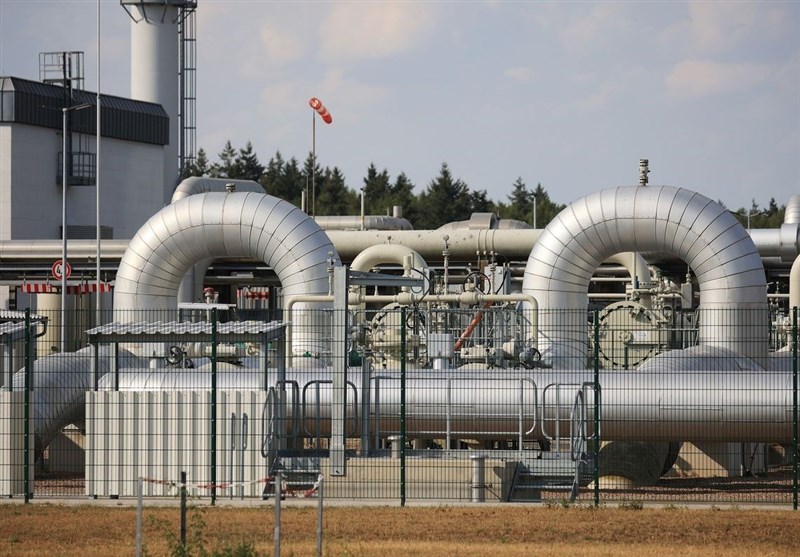New gas shocks waiting for Germany and Europe

| A German publication wrote in a report citing energy sector officials that while Europe has made significant progress in reducing its dependence on Russian gas, it remains vulnerable to supply and price shocks. |
According to the report of the international group Tasnim news agency, newspaper ” Berliner Zeitung wrote in an article: Germany must wait for new gas shocks. There is no energy security for liquefied natural gas in Germany, and therefore no buffering for unexpected bottlenecks. It has reduced its dependence on Russian gas, but remains vulnerable to supply and price shocks. This is the opinion of Markus Kerber, CEO of Germany’s largest energy supplier RWE. Kerber told the Financial Times that despite the decrease in dependence, Europe still does not have a strong and sufficient anti-shock system to supply its own energy. This means that Europe will be exposed to shocks and price jumps before the winter heating season, even in the field of natural energy sources such as gas storage.
Kerber Earlier in October, he pointed to the ongoing risk of natural gas supply disruptions and emphasized that Germany urgently needs to invest in the development of gas import infrastructure in order to avoid future bottlenecks.
Marcus Kerber, the CEO of RWE, which is the largest electricity producer in this country, warned that due to the continuing energy crisis in Germany, the country may face a shortage of energy in the coming winter. /p>
According to this German official; The cooling of the air threatens the energy security of Germany as the largest economy of the European Union. For more than a year, due to the military conflict with Ukraine, Russia has significantly reduced gas exports to Germany.
He said: If the weather is too cold or witness disruption of gas entering Germany, this event can create very critical conditions as a result of gas shortage and price increase. We have no shock control structure in our gas supply system and Germany must complete the construction of the infrastructure needed to import gas as quickly as possible.
“Michael Lewis”, CEO of Ghol German energy Uniper shares a similar view, telling Bloomberg that Europe needs more LNG to ease the current market and ease supply concerns. However, the relative calm in the LNG market could be disrupted again by volatile turbulence if there are concerns about new supply.
According to a report in May August, Germany expects natural gas prices to remain high until at least 2027. To deal with this scenario, it was emphasized that measures should be taken to develop LNG terminals, additional gas storage capacity or pipelines. In its gas update in August, the group of German gas storage operators (INES) warned of the risk of natural gas shortages by the winter of 2026/2027 if timely action is not taken.
end of message/
| Publisher | Tasnim News |


